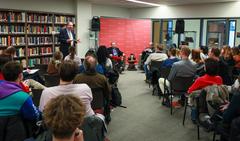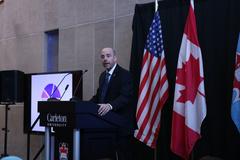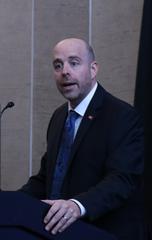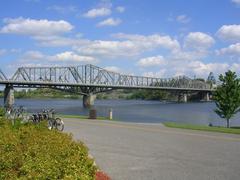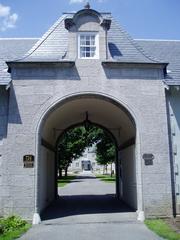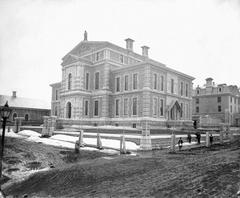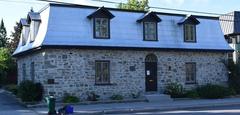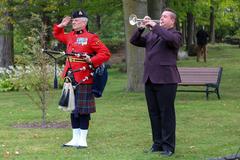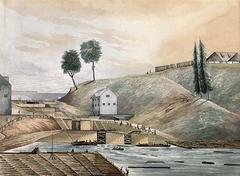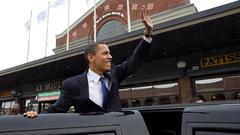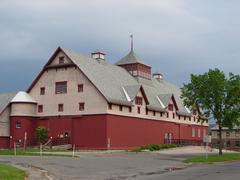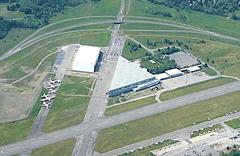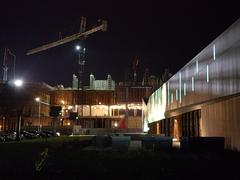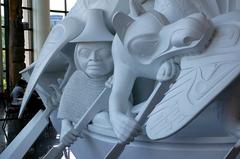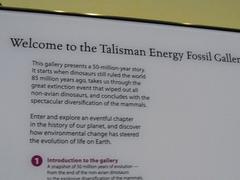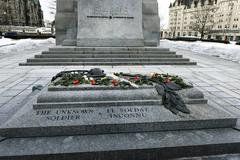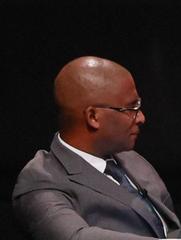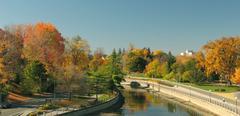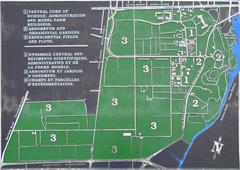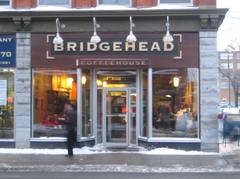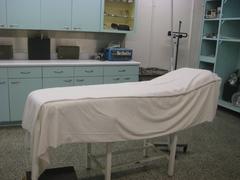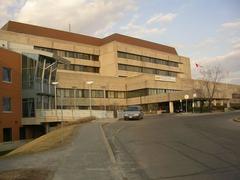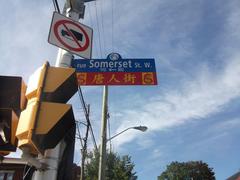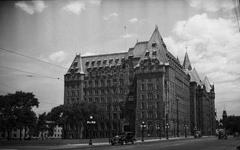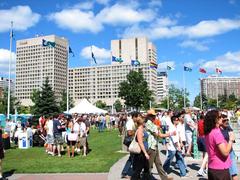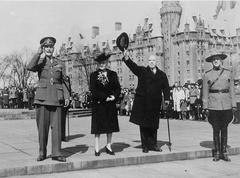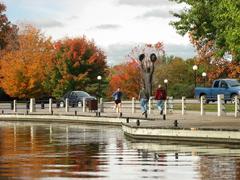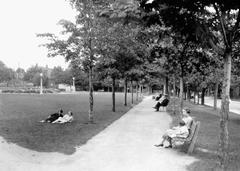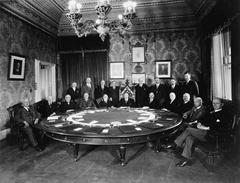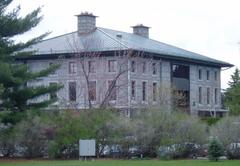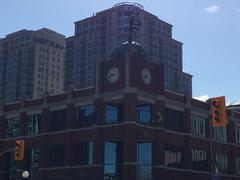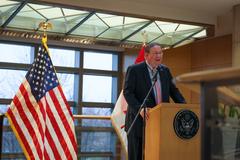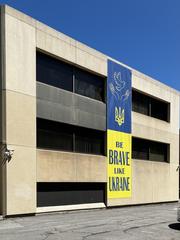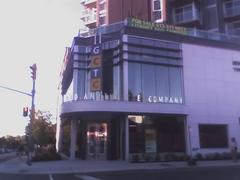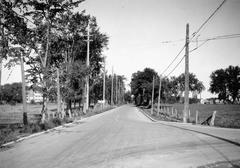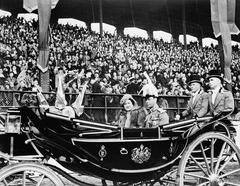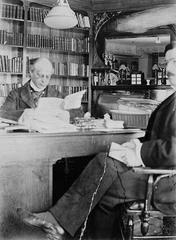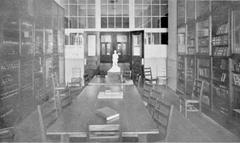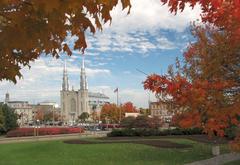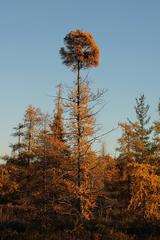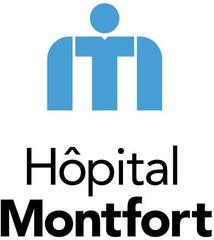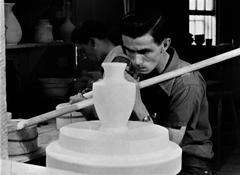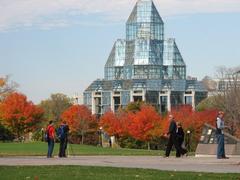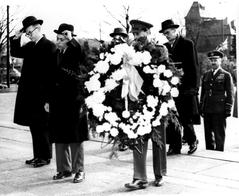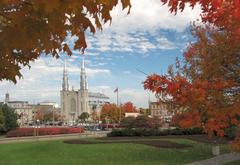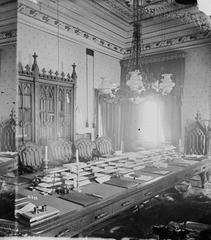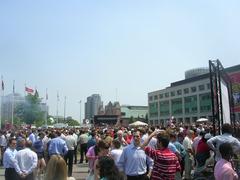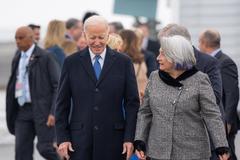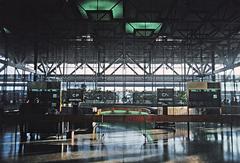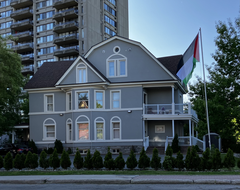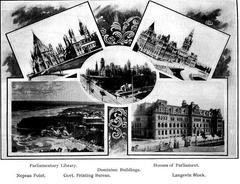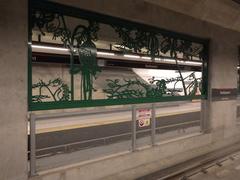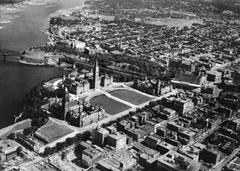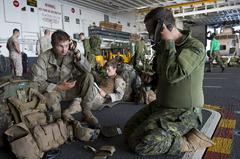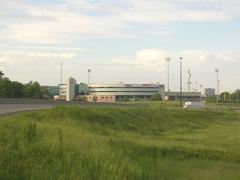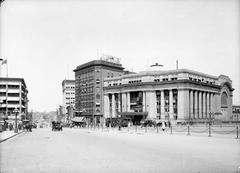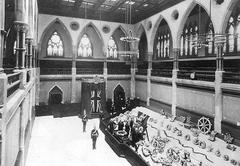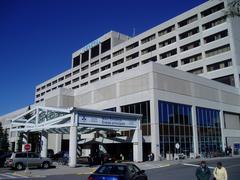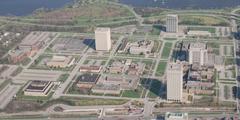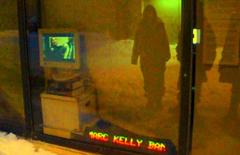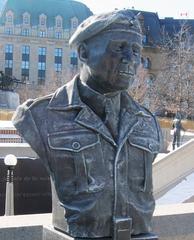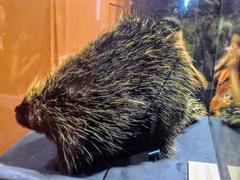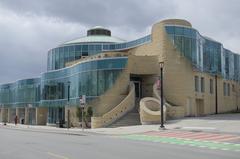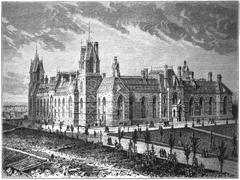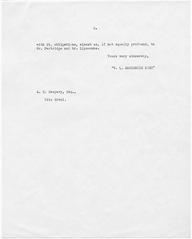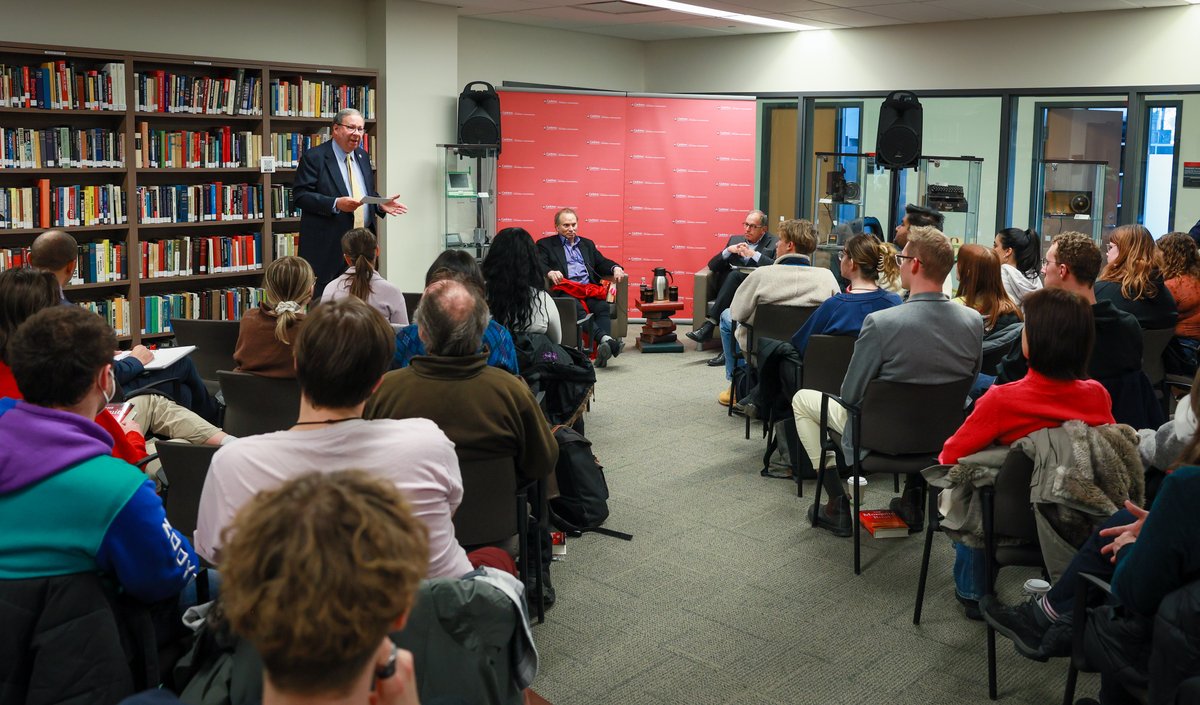
Complete Guide to Visiting Carleton University Ottawa, Canada: Visiting Hours, Tickets, and Attractions
Date: 14/06/2025
Introduction
Carleton University, situated in Ottawa—the heart of Canada’s capital—is a renowned academic institution and a significant cultural landmark. Founded in 1942, the university was established to serve Ottawa’s youth and returning World War II veterans, evolving into an inclusive, innovative, and community-engaged university. The campus, uniquely positioned between the UNESCO World Heritage Rideau River and Rideau Canal, offers both architectural beauty and natural charm. Carleton also recognizes its place on the traditional, unceded territory of the Algonquin Anishinàbeg nation, actively supporting Indigenous initiatives and community engagement.
This detailed guide provides everything you need to know for a visit to Carleton University: campus history, visiting hours, ticket requirements, campus tours, accessibility, special events, nearby Ottawa attractions, and essential visitor tips. For the latest updates and resources, consult Carleton’s Visitor Information page and learn more about the university’s historical milestones at Carleton 75 Years.
Table of Contents
- Historical Overview and Significance
- Visiting Carleton University: Hours, Tickets & Tours
- Unique Visitor Experiences
- Nearby Ottawa Attractions
- Campus Architecture and Environment
- Accessibility and Inclusion
- Transportation and Parking
- Events and Activities
- Frequently Asked Questions (FAQ)
- Visitor Tips
- Conclusion and Call to Action
- References
Historical Overview and Significance
Founding and Early Development (1942–1957)
Carleton University began as Carleton College in 1942. Its mission was to provide accessible, non-denominational education for Ottawa’s youth and returning veterans. Early operations were held in the High School of Commerce (now Glebe Collegiate Institute), offering evening classes for working students. Visionaries like Henry Marshall Tory, its first president, played a pivotal role in shaping the institution’s values of inclusivity and community service (Carleton University History; Carleton 75 Years).
Transition to University Status and Campus Relocation (1952–1960)
In 1952, Carleton was granted the ability to confer university degrees through the Carleton College Act and subsequently relocated to its current campus between the Rideau River and Rideau Canal. The new campus officially opened in 1960, with signature buildings such as the Henry Marshall Tory Building and the Maxwell MacOdrum Library, both landmarks of Canadian academic architecture (Carleton University Act; Historical Society Ottawa).
Growth, Innovation, and Academic Impact (1960–Present)
The university flourished in the following decades, expanding its academic offerings to include specialized schools such as the Norman Paterson School of International Affairs and the Sprott School of Business. Advanced research facilities like the ARISE and Health Sciences buildings underscore Carleton’s commitment to innovation. Today, Carleton serves over 30,000 students and boasts a distinguished alumni network, including Rhodes Scholars and Pulitzer Prize winners (Carleton University Wikipedia; Carleton 75 Years).
Social and Cultural Significance
Carleton’s foundational mission of serving its community continues today. The university acknowledges its presence on Algonquin Anishinàbeg traditional territory and is deeply involved in Indigenous engagement and reconciliation. Its impact extends across public administration, journalism, engineering, and the arts. The university’s vibrant student life is exemplified by the success of the Carleton Ravens basketball team (CU75 Founding Day; Carleton University Wikipedia).
Visiting Carleton University: Hours, Tickets & Tours
Visiting Hours
Carleton University’s campus is open to the public daily, generally from 7:00 am to 11:00 pm. However, certain buildings such as the Maxwell MacOdrum Library and Carleton University Art Gallery (CUAG) have their own visiting hours. CUAG, for example, is typically open Tuesday to Saturday from 11:00 am to 5:00 pm. Always verify specific building hours and holiday schedules on the Visitor Information page and CUAG Visiting.
Tickets and Admission
General access to Carleton’s campus, including outdoor spaces and public buildings, is free. Some special events, exhibitions, or guided tours may require advance registration or tickets. Check the university’s Events Calendar for details.
Guided Tours and Visitor Services
- Guided Tours: Available Monday to Friday, 8:30 am to 4:30 pm, and led by current students or recent graduates. Tours cover academic buildings, student facilities, and campus landmarks (Carleton Campus Tours).
- Specialized Tours: Faculty-specific tours, such as those focused on Engineering or Arts, are available by appointment (Carleton Engineering & Design Tours).
- Self-Guided Tours: Downloadable maps and virtual tours are offered for flexible exploration (Self-Guided Campus Tour PDF).
- Visitor Services: Information desks in Robertson Hall and the University Centre provide campus maps, Wi-Fi access details, and visitor assistance.
Unique Visitor Experiences
- Photographic Spots: Capture the scenic views along the Rideau River and Rideau Canal, especially during fall foliage or winter skating season.
- Cultural Events: Attend art exhibitions at CUAG, public lectures, and sports games such as Carleton Ravens basketball.
- Nature Trails: Explore green spaces and riverside trails surrounding campus, ideal for walking or cycling.
- Dominion-Chalmers Centre: Experience live performances and architectural tours in this historic concert venue (SSAC Conference).
Nearby Ottawa Attractions
- The Glebe: Lively neighborhood with shops, cafes, and farmers’ markets (The Glebe).
- Parliament Hill: Canada’s political center, offering free tours and beautiful views (Ottawa Tourism).
- ByWard Market: Historic marketplace with artisan vendors, eateries, and nightlife (ByWard Market).
- Canada Science and Technology Museum: Interactive exhibits for all ages (Explore Ottawa).
- Rideau Canal: UNESCO World Heritage Site, ideal for skating in winter and paddling in summer (Rideau Canal Info).
Campus Architecture and Environment
Carleton’s 150-acre campus features a blend of modernist and contemporary architecture, highlighted by buildings like the MacOdrum Library and Loeb Building. The campus is united by an extensive tunnel system, providing year-round accessibility. Its riverside setting offers both urban convenience and natural tranquility (University Guru; Collegedunia Comparison).
Accessibility and Inclusion
Carleton University is committed to accessibility and inclusivity:
- Physical Accessibility: Wheelchair-accessible pathways, ramps, elevators, and accessible washrooms are available campus-wide.
- Paul Menton Centre: Provides support for students and visitors with disabilities.
- Indigenous Initiatives: Programs like Kinàmàgawin and the Ojigkwanong Indigenous Student Centre foster Indigenous culture and inclusion (Carleton Indigenous Initiatives).
Transportation and Parking
- Public Transit: The OC Transpo system serves Carleton with frequent bus and O-Train service. The on-campus O-Train station offers direct access to downtown (Carleton Parking Services).
- Parking: Paid visitor parking is available in lots such as P7D and P17. For campus tours, parking is complimentary with license plate validation at the Tour Centre (Carleton Campus Tours; CUAG Visiting).
- Cycling: Bike-friendly routes and secure bike parking are available.
- Campus Navigation: Maps are provided online and at major entrances (CUAG Visiting).
Events and Activities
Carleton hosts a diverse range of annual and special events:
- Convocation Ceremonies (June 16 & 17, 2025): Celebrate graduates in vibrant ceremonies with free parking (Carleton Events Calendar).
- Ottawa Grad Career Fair (June 16 & 17, 2025): Connects students with local employers at Nepean Sportsplex (Ottawa Grad Career Fair).
- Canadian Chemistry Conference and Exhibition (June 15–19, 2025): Canada’s top chemistry conference (CSC 2025).
- motionball Marathon of Sport Ottawa (June 8, 2025): Inclusive sporting event supporting Special Olympics (motionball Ottawa).
- Art Exhibitions, Workshops, and Lectures: See Carleton Events Calendar.
Frequently Asked Questions (FAQ)
Q: What are Carleton University’s visiting hours?
A: Generally, the campus is open daily from 7:00 am to 11:00 pm. Building hours may vary—verify on the Visitor Information page.
Q: Is admission free?
A: Yes, general campus admission is free; some events or exhibitions may require tickets.
Q: Are guided tours available?
A: Yes, book in advance via the Campus Tours page.
Q: Is the campus accessible for people with disabilities?
A: Yes, Carleton is wheelchair accessible and provides additional accommodations on request.
Q: How do I get to Carleton University?
A: The campus is accessible by OC Transpo bus, O-Train, car, or bicycle. Parking is available for a fee; free for campus tours with validation.
Q: Can I take photographs on campus?
A: Yes, photography is permitted in most outdoor and public spaces. Please respect privacy and event restrictions.
Visitor Tips
- Weather: Ottawa has four distinct seasons—dress appropriately and check the forecast.
- Currency: Canadian dollars; debit/credit widely accepted on campus.
- Wi-Fi: Free guest Wi-Fi is available; ask at information desks or during tours.
- Dining: The University Centre offers a variety of food options; nearby neighborhoods like The Glebe and ByWard Market provide more choices.
- Accommodation: On-campus housing is available May–August; book early during peak event seasons (Conference Services).
- Cultural Etiquette: Acknowledge Algonquin territory and participate respectfully in campus or Indigenous events.
Conclusion and Call to Action
Carleton University is a destination where academic heritage, cultural vitality, and scenic beauty converge. With open access, guided tours, and a wealth of events and attractions, every visitor—whether a student, history buff, or tourist—can enjoy a memorable experience. Enhance your visit by downloading the Audiala app for audio guides and event updates, and stay informed by following Carleton on social media. Plan your campus adventure today and explore Ottawa’s dynamic blend of history, innovation, and community.
For the most current visitor information, events, and resources, consult the official Carleton University Visitor Information page.
Visual Suggestions
- High-resolution images of campus landmarks (e.g., Henry Marshall Tory Building, MacOdrum Library) with descriptive alt text.
- Photos of the Rideau River/Rideau Canal during different seasons.
- Images of campus events (e.g., convocation, sports, art exhibitions).
- Interactive campus maps highlighting parking, accessibility, and tour routes.
References
- Visiting Carleton University: History, Hours, Tickets & Nearby Ottawa Attractions, 2025, Carleton University (https://carleton.ca/visitor-information/)
- Carleton University Campus Highlights and Visiting Information: Explore Landmarks, Indigenous Initiatives, and Ottawa Attractions, 2025, Carleton University (https://carleton.ca/indigenous/)
- Visiting Carleton University: Hours, Tours, Parking & Nearby Ottawa Attractions, 2025, Carleton University (https://admissions.carleton.ca/campustours/)
- Visiting Carleton University: Events, Hours, Tickets & Nearby Ottawa Attractions, 2025, Carleton University (https://events.carleton.ca/)
- Carleton 75 Years: Impact, Imagination, Innovation, 2025, Carleton University (https://carleton.ca/cu75/75-years-impact-imagination-innovation/)
- Carleton University Wikipedia, 2025, Wikipedia (https://en.wikipedia.org/wiki/Carleton_University)
- Historical Society Ottawa, 2025, Ottawa Stories (https://www.historicalsocietyottawa.ca/publications/ottawa-stories/important-services-in-ottawa/carleton-university)
